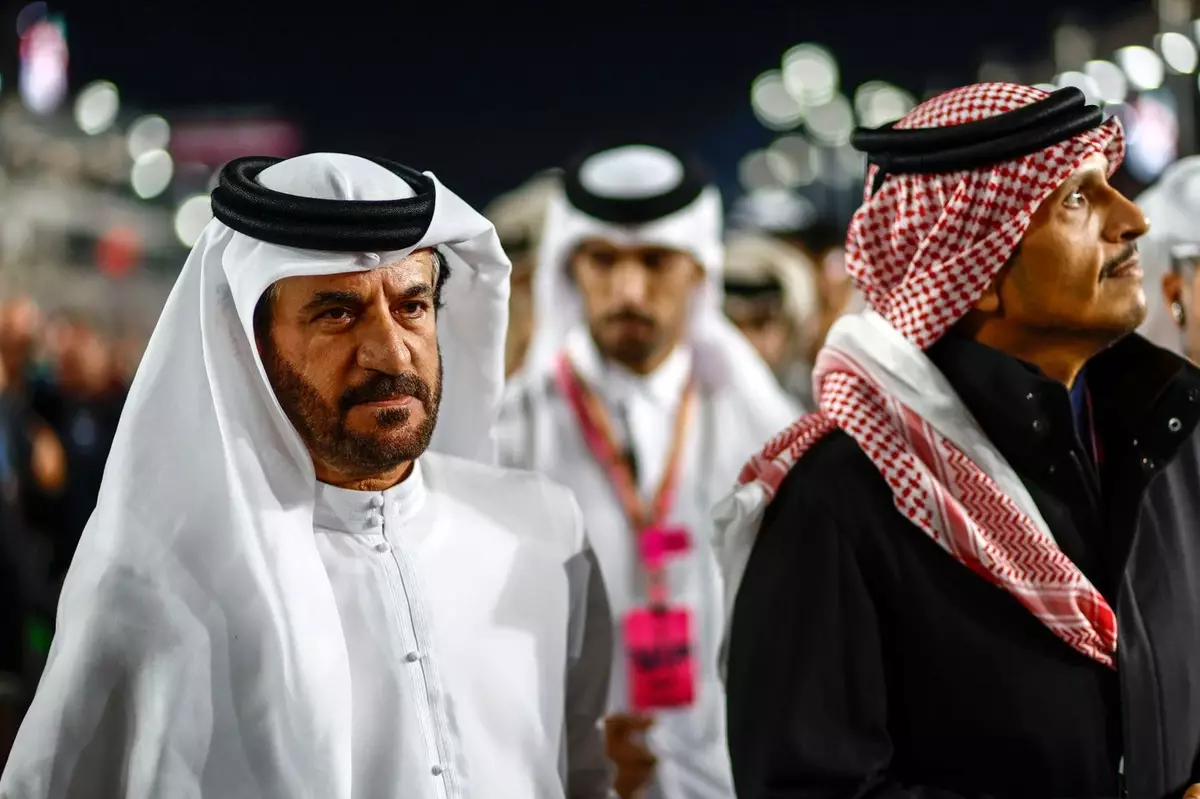The recent revision of the Fédération Internationale de l’Automobile (FIA) statutes during the General Assembly in Rwanda marks a substantial shift in the governance of international motorsport. These adjustments, particularly concerning the ethics and audit committees, effectively recalibrate the balance of power within the organization. While the FIA asserts that these changes are necessary for enhancing operational independence and improving financial accountability, widespread criticism suggests that they may actually diminish accountability at the highest levels of motorsport governance.
One of the most notable alterations involves the distribution of power surrounding the role of the compliance officer, which now primarily serves under the authority of the FIA president and the president of the senate. This centralization of power raises eyebrows regarding the broader implications for governance within the FIA. Historically, the independent operation of committees was seen as a mechanism that safeguarded against potential abuses of power, as well as being a check against financial irregularities. The change effectively siphons off independent oversight from the audit committee, limiting its investigative capabilities—only allowing action when prompted by the president of the senate. Such constraints could lead to an environment where inadequate scrutiny might facilitate financial mismanagement or unethical behaviors.
Critics argue that this newfound arrangement could perpetuate a culture of complacency, where senior officials may not be held accountable for missteps or impropriety. David Richards, a prominent figure within the UK’s motorsports representation, expressed concerns that these changes sideline essential checks and balances, integral for good governance within such a sizable organization.
The FIA has stated that part of the rationale driving these amendments is the desire to preserve the independence of the ethics committee. Yet, paradoxically, one of the main changes stipulates that reports will now be shared solely with the FIA president and the president of the senate. This restriction on dissemination to a few key individuals effectively reduces transparency across the organization. The reduction in access to ethics committee reports not only fosters an environment where potential misconduct may go unnoticed, but it also jeopardizes the protection of whistleblowers—the very individuals the ethics committee is tasked with safeguarding.
Previously, members of the ethics committee were able to operate with a degree of transparency that fostered trust and accountability. The fresh policy could deter individuals from coming forward, knowing that discussions might be confined to an elite circle. The FIA’s indicated reason for these changes is the desire to prevent leaks; however, it raises the question of whether the leaks were symptomatic of deeper issues within the organization regarding transparency and communication.
The changes made to the audit committee further amplify concerns surrounding the FIA’s governance structure. By designating it as merely an advisory body to the senate, the independence of the audit committee is weakened. The amendments assert that any internal regulations governing the audit committee must be approved by the senate, which introduces a potential conflict of interest. Similar to the ethics committee, the audit committee will remain limited in its investigative pursuits, only able to act if summoned by the president of the senate.
This repositioning raises significant questions about the effectiveness of the audit committee. Critics, including Oliver Schmerold from Austria’s motorsport federation, highlight the risks associated with reducing the body to just an advisory capacity. An audit committee’s primary function should ideally lie in its ability to conduct independent reviews and hold the organization accountable, not simply serve as a supporting entity that lacks adequate power for independent action.
While the FIA touts substantial improvements in its financial standing, with predictions for an operating profit of €2.2 million in 2024, the situational irony is palpable. The organization’s financial recovery should not overshadow the fundamental concerns about governance reform. President Mohammed Ben Sulayem notes that achieving financial stability stems from reforms in governance and finance. However, the newly implemented governance model threatens to undermine the very financial health it claims to bolster. Enhancing financial performance while simultaneously depreciating layers of accountability creates a precarious path for the FIA.
In summation, the adjustments made to the FIA statutes engender a vital conversation about the necessary balance between operational efficiency and accountability in sports governance. As critics have raised important concerns about the dilution of independent oversight, only time will tell how these changes will affect the credibility and stability of the FIA in the longer term. The considerable trust and faith placed in the FIA by motorsport stakeholders hangs in the balance, teetering on the edge of these structural transformations.

